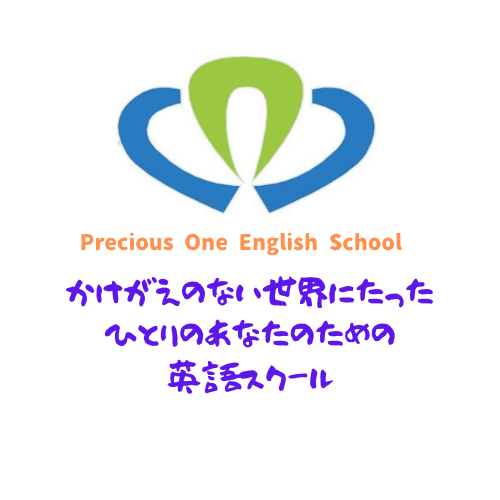Ewa Nowogorski
Koji mold, scientifically known as aspergillus oryzae, is a type of mold used in Japan to ferment rice, sweet potato, soy beans, and barley in the making of foods and alcoholic beverages. Most notable, this microscopic organism is used for making sake and shochu, 2 types of Japanese alcohol made from rice, potato, or barley.
This mold is not a naturally occurring one, and it was actually specifically cultured for decades. Genichirō Kawachi is the father of modern shōchu and Tamaki Inui, and he was the first man to isolate and culture certain fungi, such as A. kawachii, A. awamori and a variety of subtaxa of A. oryzae. He made significant progress in producing shochu in Japan, and since then aspergillus developed by Kawachi has also been used for soju and makgeolli in Korea.
Fungi used in processing food were first mentioned in the Zhouli (Rites of the Zhou dynasty) in China in 300 BCE. They provided the framework for three major fermented soy foods: soy sauce, jiang / miso, and douchi and grain-based wines (including Japanese sake and Chinese huangjiu) and li (the Chinese forerunner of Japanese amazake).
















コメントを投稿するにはログインしてください。